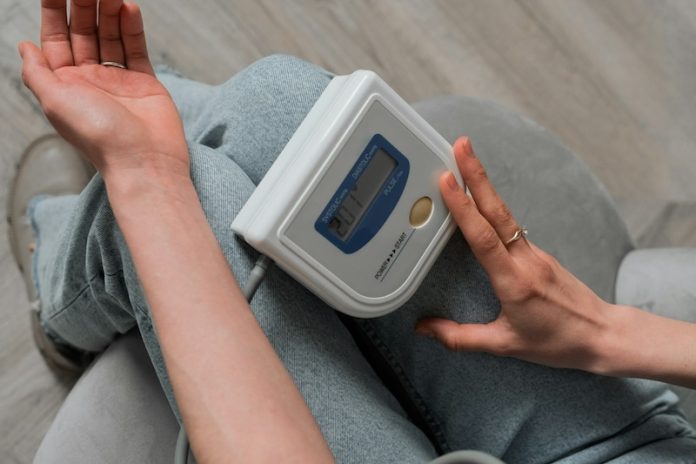
High blood pressure, or hypertension, is often called the “silent killer” because it typically doesn’t cause obvious symptoms in its early stages. This makes it a tricky condition to spot, but paying attention to subtle changes in your body can make a big difference.
If left unchecked, high blood pressure can lead to serious health problems like heart disease, stroke, and kidney damage.
The good news is that researchers have identified some early signs that might signal high blood pressure, giving people a chance to take action before complications arise.
One of the most common early signs of high blood pressure is frequent headaches. These headaches tend to occur at the back of the head, especially in the morning, and can feel like a throbbing or pressure-like sensation.
While not everyone with high blood pressure experiences headaches, studies have shown that those with severe or uncontrolled hypertension are more likely to report them.
It’s easy to dismiss these headaches as stress or lack of sleep, but if they persist or become more intense, it’s worth checking your blood pressure.
Another early symptom to watch for is dizziness or lightheadedness. While occasional dizziness can happen to anyone, frequent or unexplained episodes might be a sign of high blood pressure.
Research published in the American Journal of Hypertension has shown that people with elevated blood pressure often experience this symptom, particularly during physical activity or when standing up quickly.
This happens because high blood pressure can affect blood flow to the brain, causing a temporary sensation of imbalance.
Blurred vision or other changes in eyesight can also be linked to high blood pressure. When blood pressure is consistently high, it can strain the tiny blood vessels in the eyes, leading to a condition called hypertensive retinopathy.
This might cause blurry vision or even spots in your vision. Studies have found that regular eye exams can sometimes detect these changes before any other symptoms of high blood pressure appear, making visits to the eye doctor an important part of monitoring your health.
Fatigue and confusion are less obvious signs but are worth noting. High blood pressure forces the heart to work harder to pump blood, which can leave you feeling unusually tired or mentally foggy.
While these symptoms are common in many other conditions, they shouldn’t be ignored if they come with other signs of high blood pressure.
Some people also report a pounding feeling in their chest, neck, or ears. This sensation is often caused by the heart beating harder than usual to push blood through the arteries, which may be narrowed due to high blood pressure.
While it might feel alarming, it’s often overlooked because it doesn’t always cause pain.
Research has highlighted the importance of being aware of these subtle signs. According to the Centers for Disease Control and Prevention (CDC), nearly half of adults with high blood pressure don’t even realize they have it.
Regular monitoring is key, as the only way to know for sure is by checking your blood pressure with a reliable device. This is particularly important for people with risk factors like obesity, smoking, a family history of hypertension, or a high-salt diet.
The best approach to managing high blood pressure is prevention and early detection. Simple lifestyle changes, such as reducing salt intake, eating more fruits and vegetables, exercising regularly, and managing stress, can significantly lower blood pressure.
If you notice any of these symptoms or have risk factors for hypertension, consulting a healthcare provider is essential.
Understanding the early signs of high blood pressure can save lives. By staying alert and making healthy choices, you can take control of your blood pressure and protect your overall well-being.
If you care about blood pressure, please read studies about unhealthy habits that could increase high blood pressure risk, and eating eggs in a healthy diet may reduce risks of diabetes, high blood pressure.
For more information about blood pressure, please see recent studies that early time-restricted eating could help improve blood pressure, and results showing 12 foods that lower blood pressure.
Copyright © 2024 Knowridge Science Report. All rights reserved.



